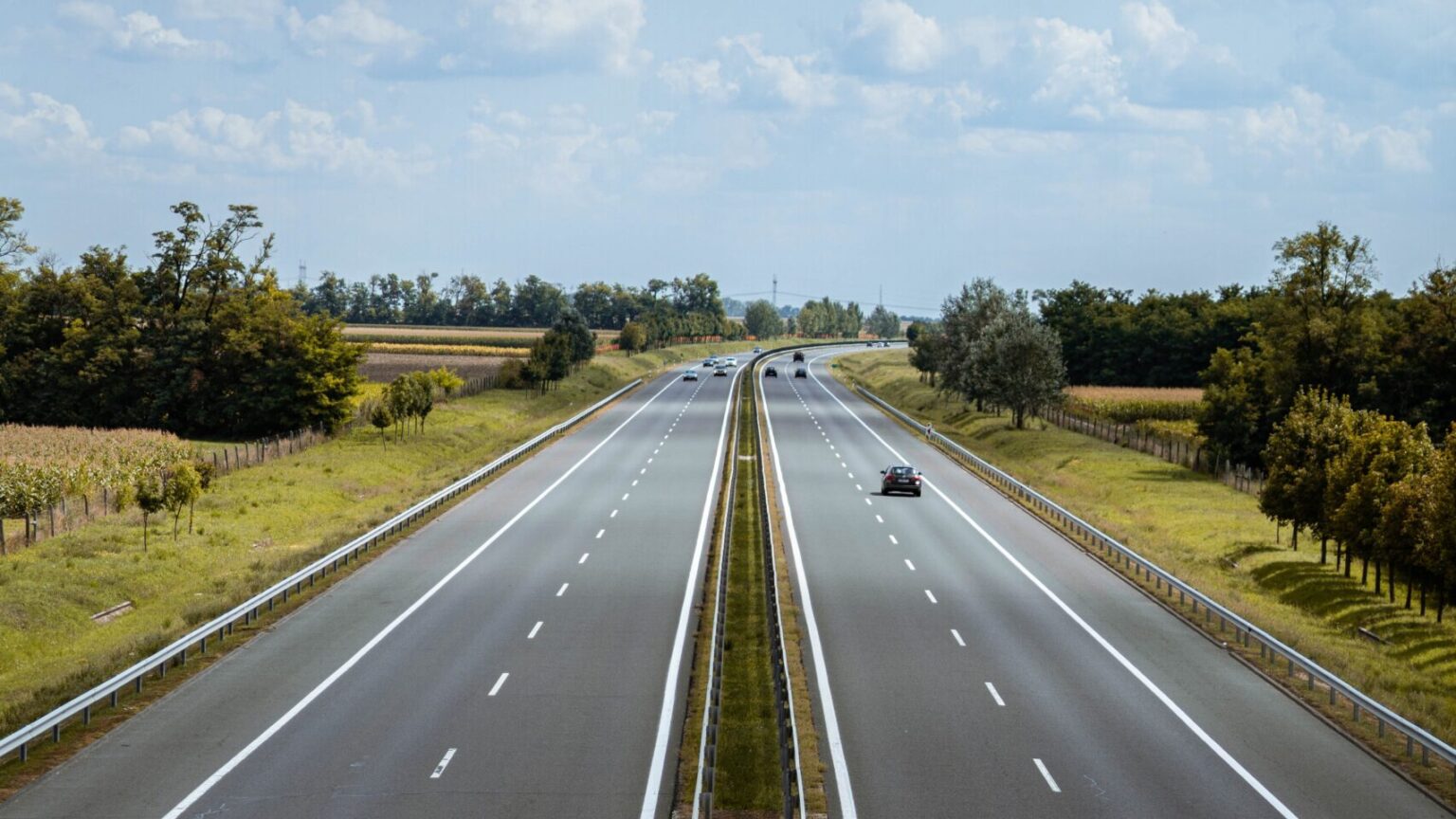Pavement Engineering
The field of pavement engineering addresses unsafe and inefficient mobility of people and goods, poor resiliency of the physical transportation infrastructure to climate change effects, and suboptimal utilization of natural resources.

As a means of addressing the above-mentioned problems, new knowledge is needed within the areas of:
- Mechanical and thermal modeling of pavement systems – this effort refers to the development of numerical techniques and analytical formulations to calculate load and weather responses
- Thermomechanical modeling and characterization of paving materials – this effort refers to advanced laboratory testing of material elements
- In situ monitoring of pavement structures and subgrades – this efforts refers to utilization of new sensing technologies, and advancement in interpretation methods.
Research efforts
Research efforts to create new knowledge include initiation and participation in projects dealing with:
- Theoretical advancements in pavement response modeling under external traffic loads and changing environmental conditions
- Development of sensing gear for assessing mechanical and thermal pavement condition in situ, as well as data interpretation schemes
- Experimental investigations at the laboratory and field scales, where pavement systems are constructed with embedded instrumentation and placed under different loading conditions.
Cooperative partners
Within DTU, viable collaborators for pavement-related research are members of the geotechnical engineering group, the frozen ground engineering group, the machine learning group and the structural mechanics group.
Outside DTU, viable collaborators for pavement-related research are facility owners, (e.g. highway and railway authorities, airport and seaport managing bodies, and local municipalities), industry partners (e.g., construction companies, material manufacturers, product and equipment developers) and consulting companies.
Use in practice
The new knowledge will be implemented by consulting companies, facility operators, (e.g., municipalities, highway authorities, airport and seaport managers, railway authorities), producers of modern/smart vehicles, (e.g., cars, busses, trucks) and developers of complimentary products and equipment for construction and testing. The knowledge will be implemented through the hiring of DTU civil engineering graduates that have participated in the relevant pavement courses, and engaged in research-level projects during their education.
Contact
Eyal Levenberg Associate Professor, Head of Section Department of Environmental and Resource Engineering eylev@dtu.dk
Asmus Skar Christiansen Associate Professor Department of Environmental and Resource Engineering asska@dtu.dk